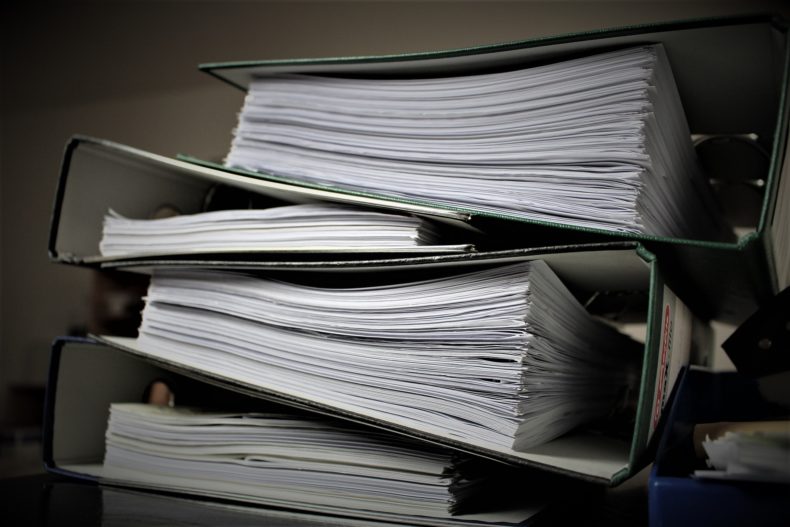Should politicians read important legal documents in full?

Back last century I secured a flurry of media interest for writing a short guide to the Maastricht Treaty and sending it to then Cabinet member Ken Clarke. It was in response to him telling the world that he had not actually read it all.
The instinctive reaction to such stories is usually to say, ‘of course, powerful decision makers should read important agreements in full’.
However, this year’s news that Boris Johnson has not read in full the trade and cooperation agreement with the European Union has resulted in a more nuanced reaction, even from some of his critics. How important really is it for the Prime Minister to spend a good chunk of their scarce time* to read all the technical details of a long document?
Blogging lawyer David Allen Green has a thoughtful and illuminating take on this:
One reaction to these admissions is to say that it is not actually necessary for ministers to read such legal texts – that ministers are usually not specialist lawyers, that such engagement could lead to misunderstandings, and that it would not be an efficient or sensible use of their limited time.
And that it is perfectly reasonable, and indeed preferable, that ministers rely on the advisers to summarise and explain these legal texts instead.
But, he goes to say:
In my experience, the best lay clients are not the ones who pretend to be lawyers – but the ones who will test their lawyers to explain any instrument or other legal text.
Often the lay client, who will usually be approaching the text in a far more practical, street-wise way than any adviser, will spot many possible imprecisions and omissions.
After all, the lay-client is the one who will have to deal with the consequences of how that instrument works in practice.
And this exercise in active engagement can only be done by direct reference to the legal text – not some summary at one or two stages removed.
Like a decent literature student who knows not to rely on York Notes, and a decent law student who knows not to rely on Nutshells, any intelligent and diligent lay client knows there is no substitute to knowing the primary materials.
There are other supporting points made in his full (and very good) post, which chimes with my own rather more mundane experiences.
The sort of legal and technical documents I interact with in my current role as President of the Liberal Democrats, for example, are of a much lesser import than the Brexit deal. But one reason I always try to find time to reach such documents in full is that the questions I have afterwards for lawyers and procedural experts are better than the questions I had thought I would have before reading them.
Reading helps me understand what I don’t know, and knowing what I don’t know is a step towards knowing more.
* To those outside politics, politicians are often seen as lazy. To those in politics, politicians are often seen as miracle workers who fit 36 hours into each 24 hours day.
Leave a Reply